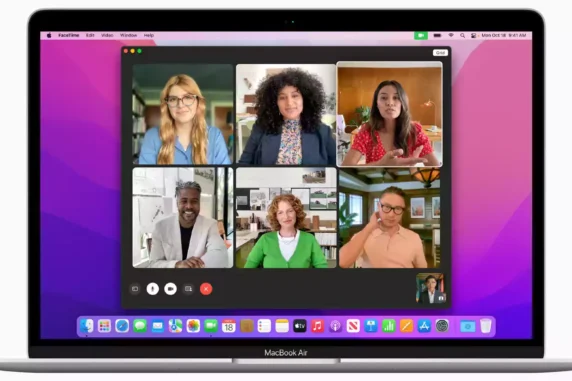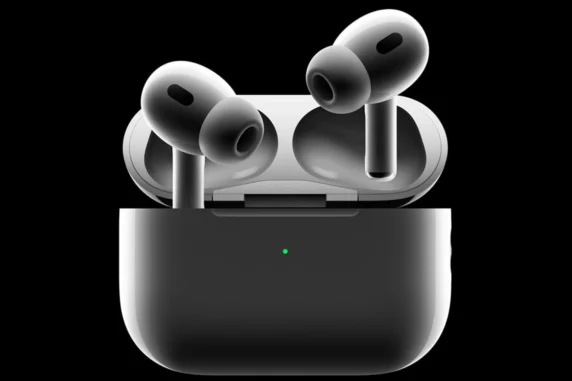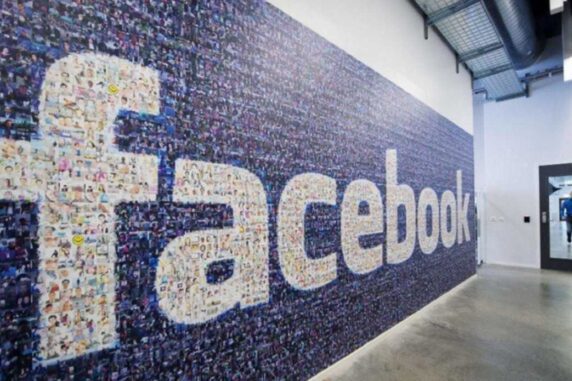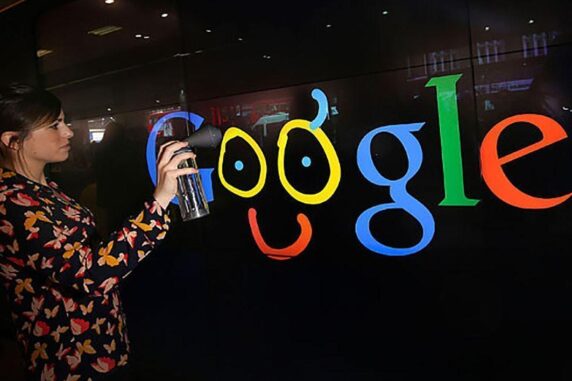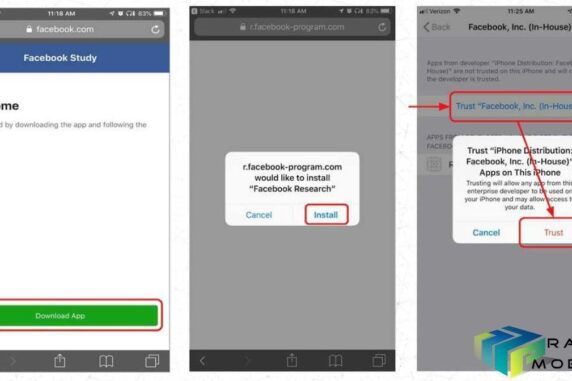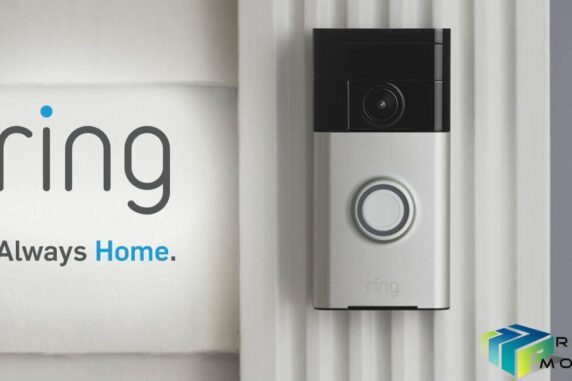Apple has threatened to pull iMessage and FaceTime from the UK, as planned changes to UK surveillance laws could affect iPhone users’ privacy.
Apple and Google today jointly submitted a proposed industry specification to help combat the misuse of Bluetooth location-tracking devices for unwanted tracking.
Google continues to refine its Privacy Sandbox for serving targeted web ads without third-party cookies, and this time they are focusing on Android.
The National Cybersecurity Alliance (NCA) has announced its program for this year’s Data Privacy Week 2022 (January 24-28, 2022).
·
Apple today previewed new privacy protections in iOS 15, iPadOS 15, macOS Monterey, and watchOS 8, to help users better control and manage access to their data. Apple says that these features represent the latest innovations in Apple’s legacy of privacy leadership, as the company has continually expanded its commitment to privacy and encouraged change across the industry with features like App Tracking Transparency and Privacy Nutrition Labels on the App Store.
Huawei is more trusted by the UK public than Facebook, according to the results of a UK consumer survey conducted by Censuswide. The survey examined attitudes towards the big messaging platform providers (i.e. Facebook Messenger, WhatsApp), as well as wider consumer trust in the technology sector.
Google and Apple's latest operating systems allow you more control over how your location information is shared, giving give users the ability to limit what apps can do with your personal information.
·
Today, during an address to the Empire Club of Canada, the Honourable Navdeep Bains, Minister of Innovation, Science and Economic Development, launched Canada’s new Digital Charter.
Google has made it easier for users to manage their Location History and Web & App Activity data. The company collects this data to improve the experience of its services and provide ads, but it can also be used to track users’ each and every move and build behavioural patterns.
A new report highlights another shady Facebook policy that was paying people to install an app called the Facebook Research VPN. Facebook allegedly paid users to install the VPN, which allowed the company to collect all the user's phone and web activity at all times.
While most Ring users thought that the cameras they installed were able to detect what was going on inside and around their homes using automated computer vision technologies, there may have been an entire team of humans watching the footage as well.
The US Supreme Court ruled 5-4 on Friday that police must get a warrant in order to obtain your phone’s location data over an extended period of time. The decision is a major victory for privacy advocates, who have long argued that the law has failed to keep pace with the amount of intrusive data we voluntarily hand over to private companies.

